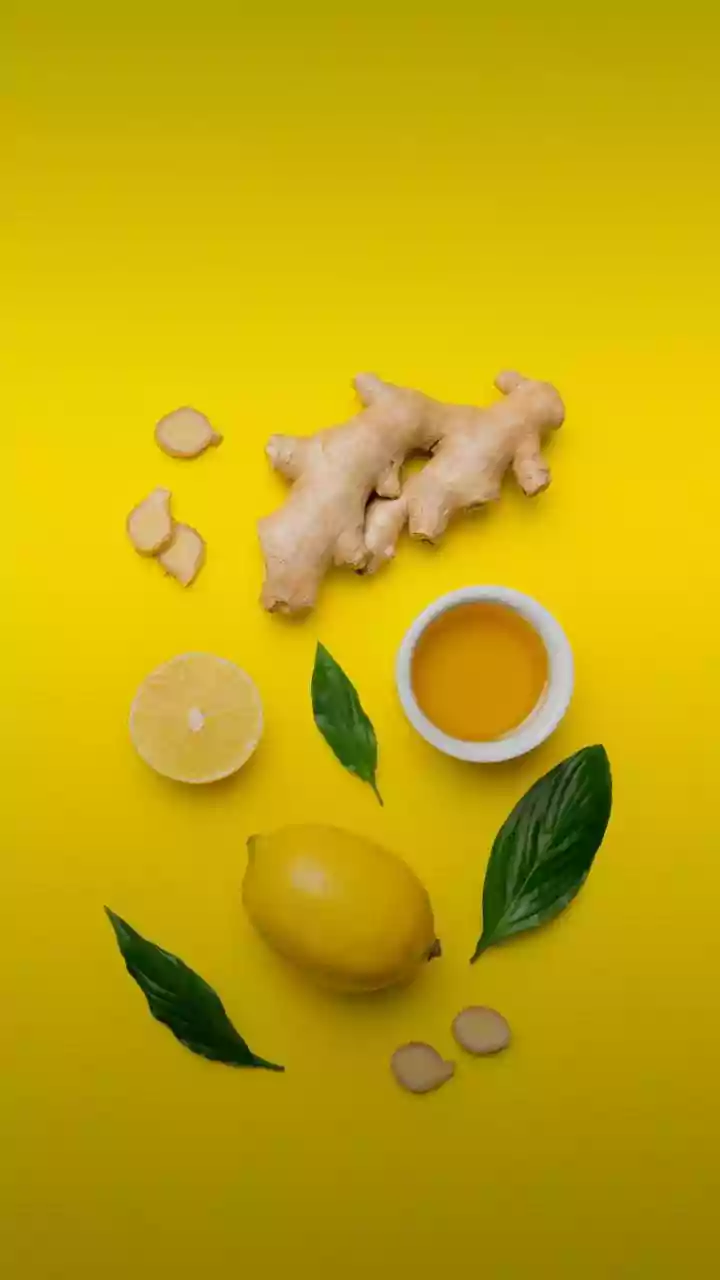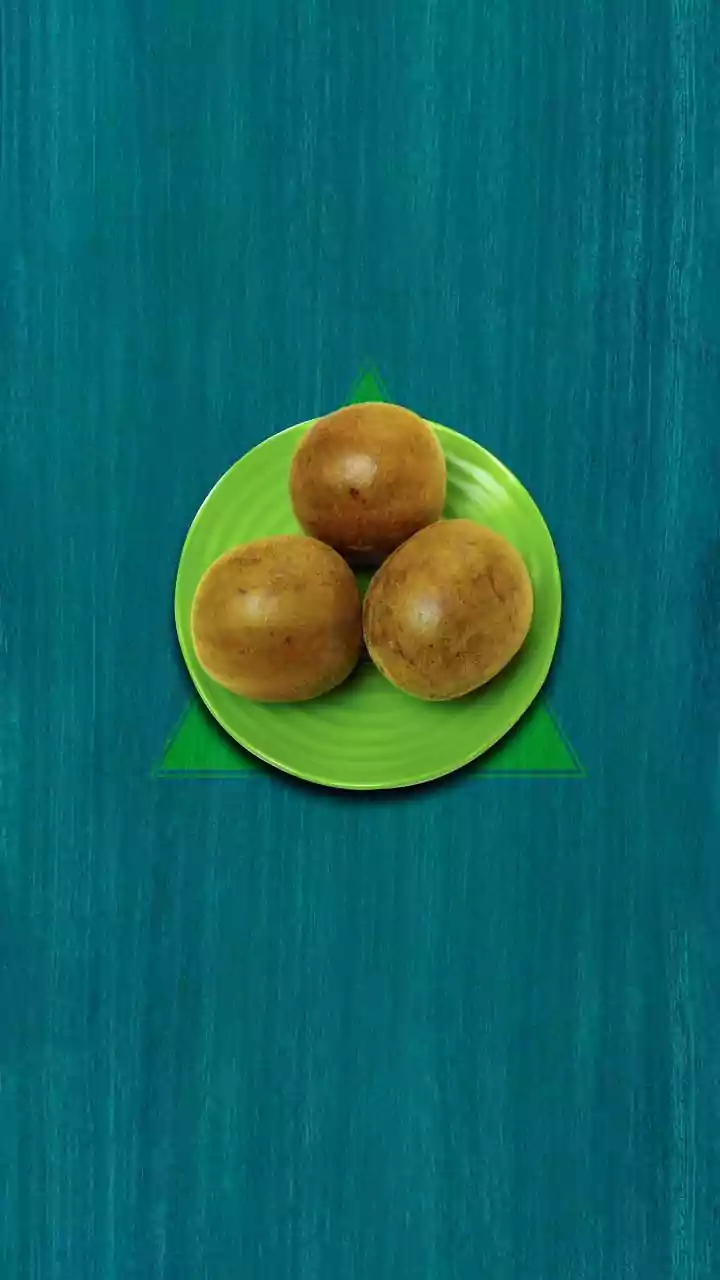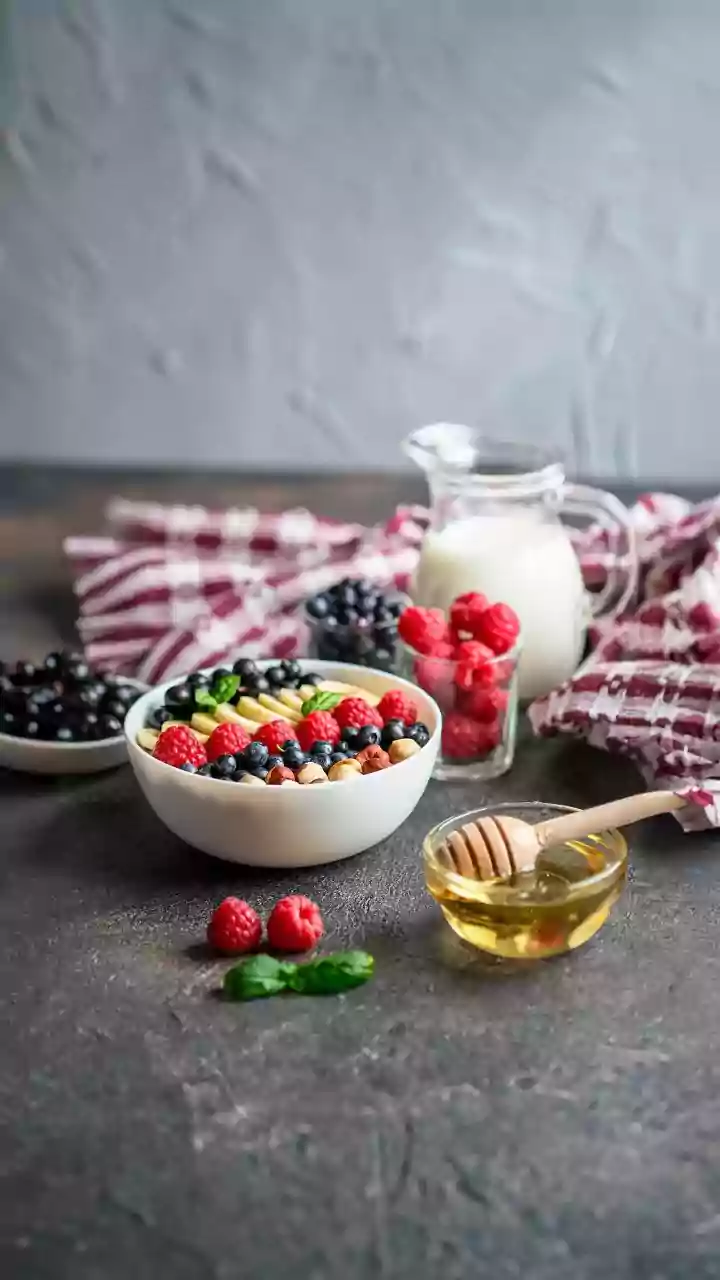Beat the monsoon blues with smart hygiene habits!
The August monsoon is one of India’s most anticipated seasons—bringing relief from scorching summer heat,
lush greenery, and that earthy petrichor we all love. But along with the joy of rain comes a hidden danger: waterborne diseases. From cholera, typhoid, and diarrhea to hepatitis A and leptospirosis, the risk of infection spikes as water stagnates, drains overflow, and contamination spreads. Protecting yourself isn’t just about avoiding puddles—it’s about smart choices every single day.
Safe Drinking Water: The First Line of Defense
Your drinking water is the biggest carrier of disease-causing microbes during the monsoon.

Boil or filter water before drinking, especially if your supply is uncertain.
Use UV or RO purifiers if possible.
Carry your own water bottle when outside to avoid roadside sources.
Food Hygiene: What’s on Your Plate Matters
Street food cravings may hit hard during the rains—think hot samosas, pani puri, and pakoras. But remember, contaminated food is one of the fastest ways to catch an infection.
Avoid raw salads and cut fruits from roadside stalls.
Stick to freshly cooked hot meals.
Wash vegetables and fruits thoroughly with clean water at home.
Hand Hygiene: Small Habit, Big Impact
Most waterborne infections spread through the hand-to-mouth route. Something as simple as washing hands can cut the risk drastically.
Wash with soap for at least 20 seconds before eating.
Use an alcohol-based sanitizer when outside.
Keep your nails trimmed—dirt is a breeding ground for germs.

Rain Gear and Clothing: Protect the Body, Protect Health
Walking through flooded streets is almost unavoidable during August rains. But stagnant water is a hub for leptospirosis and fungal infections.
Wear gumboots or waterproof shoes instead of open slippers.
Change wet clothes immediately and dry yourself properly.
Use antifungal powders or creams if you are prone to skin rashes.

Keep Your Home Dry and Clean
Your surroundings matter as much as personal care.
Don’t let water stagnate in buckets, coolers, or flowerpots—it breeds mosquitoes.
Disinfect floors and bathrooms regularly.
Use mosquito repellents and nets to keep vector-borne diseases like dengue and malaria away.
Don’t Forget Vaccination and Medical Care
Prevention goes beyond lifestyle—it can also mean protection at the medical level. Hepatitis A and typhoid vaccines can reduce risks. If you develop persistent fever, vomiting, or diarrhea, consult a doctor instead of self-medicating.
Keep a basic medical kit at home with ORS, paracetamol, and rehydration salts.

Why Monsoon Hygiene Is a Community Effort
Protecting yourself is step one, but protecting your family and neighborhood ensures collective safety. Simple actions—like reporting waterlogging to authorities, avoiding littering, and spreading awareness—help break the chain of infection.
The August rains bring beauty, but also bacteria. With safe drinking water, proper food hygiene, clean surroundings, and timely medical care, you can enjoy the season without falling prey to waterborne diseases.
Remember: precaution today is protection tomorrow.



















